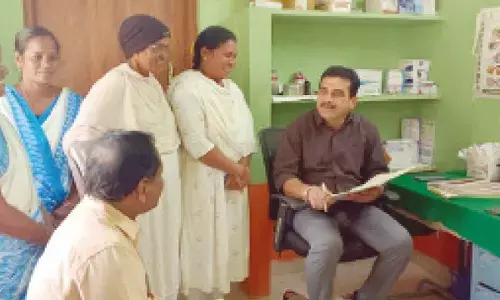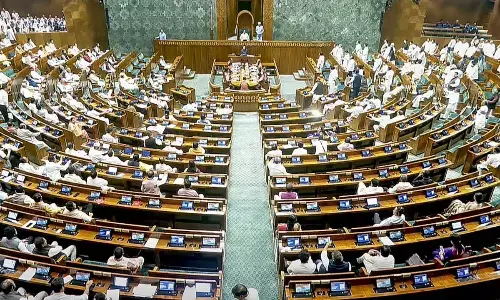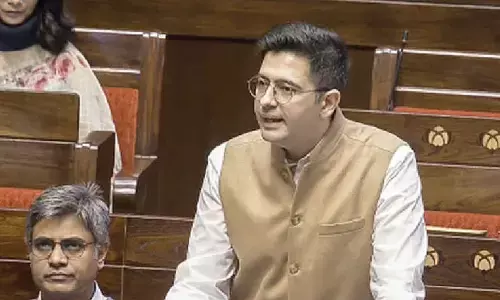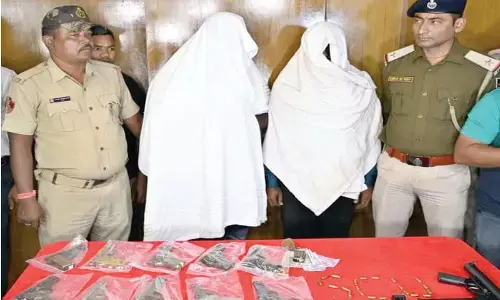Signs tied to severe cases of respiratory syncytial virus in kids identified
Share :
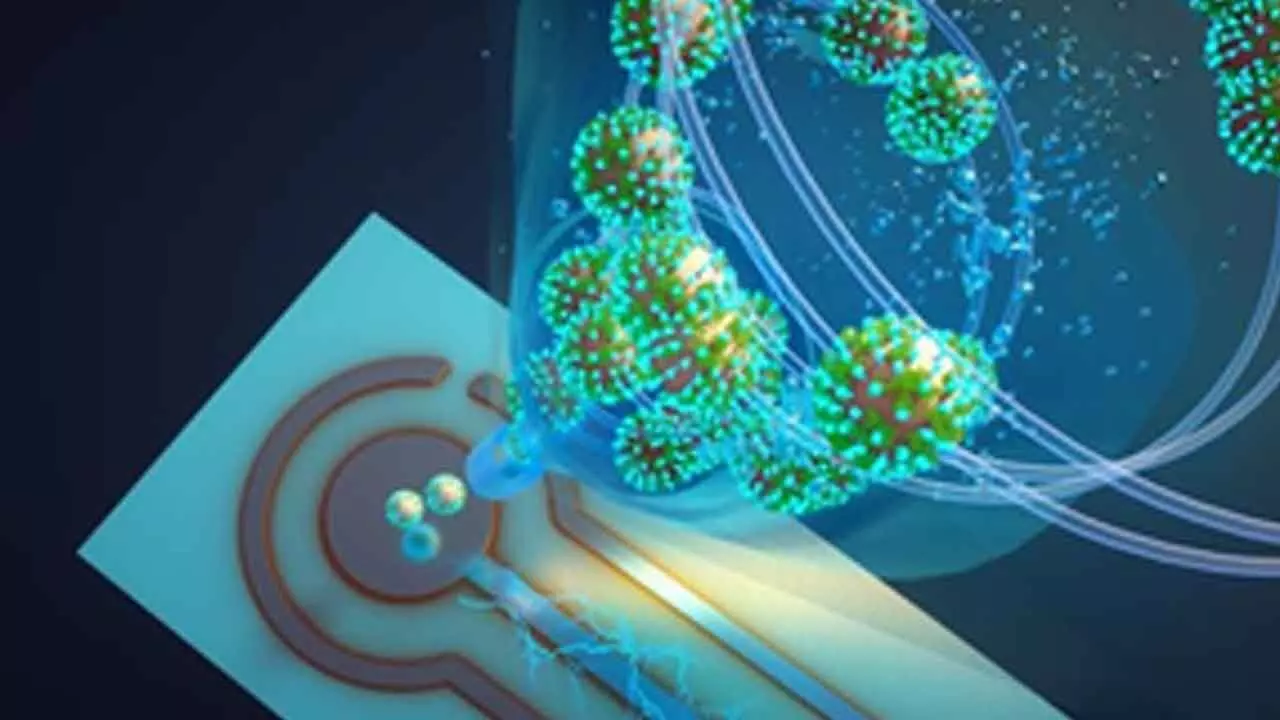
A team of researchers has identified signs tied to more severe cases of respiratory syncytial virus (RSV) in children.
Researchers from the Brigham and Boston Children’s Hospital in the US found an increase in natural killer (NK) cells in the airways of children with severe RSV, as well as other alterations that suggest these cells may be contributing to disease severity
RSV is the leading cause of hospitalisation in young children due to respiratory complications such as bronchiolitis and pneumonia. Yet little is understood about why some children develop only mild symptoms while others develop severe disease.
According to Melody G Duvall from Brigham and Women’s Hospital (BWH), NK cells are important first responders during viral infection but they can also contribute to lung inflammation.
“Interestingly, our findings fit with data from some studies in Covid-19, which reported that patients with the most severe symptoms also had increased NK cells in their airways. Together with previous studies, our data link NK cells with serious viral illness, suggesting that these cellular pathways merit additional investigation,” Duvall noted in the study published in the journal Science Translational Medicine.
The study, which focuses on understanding the underpinnings of severe disease, may help to lay groundwork for identifying new targets for future treatments.
Duvall and colleagues analysed immune cells found in their airways and peripheral blood.
Compared to uninfected children, those with severe illness had elevated levels of NK cells in their airways and decreased NK cells in their blood.
In addition, the team found that the cells themselves were altered, both in appearance and in their ability to perform their immunological function of killing diseased cells.
The team has previously described a post-pandemic surge in pediatric RSV infections.
While clinicians can only provide supportive care to the most severely sick children, vaccines to prevent RSV are now available for children 19 months and younger, adults 60 years and over, and people who are pregnant.








